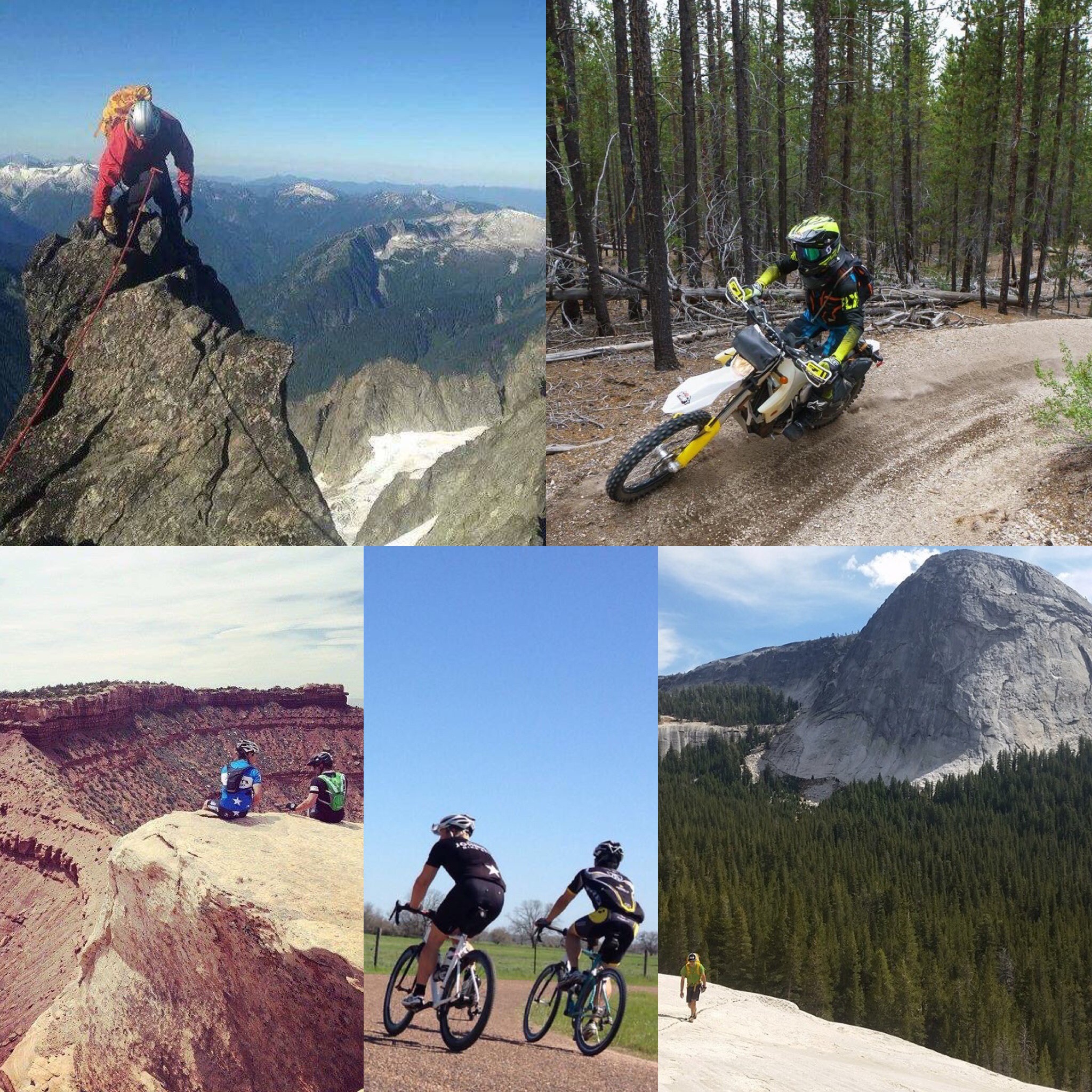Meddling Happily in Mediocrity
Expertise. A goal for many, if not all, the people I know. From jobs to hobbies, everyone strives to be an expert in every significant aspect of their lives. From childhood, the overbearing mantra seems to be “if you’re going to do something, do it as well as you can.” School serves this message in academics, sports, and music, and it’s again preached at home. As an adult, professional success usually pivots on expertise in the field.
Self-help, professional development, and sports publications abound with guidance in achieving expertise which has become a field of its own. Psychologists, authors, and podcasters deriving entire careers in investigating the secrets of attaining expert status. But few discuss the negatives of pursuing expertise along the way to a pinnacle of human achievement.
The “10,000-hour rule” and common-sense dictate that becoming an authority requires a huge commitment of both time and effort in whatever area one seeks expertise. Society encourages such commitment and drive. But as a lifelong “underachiever” I am proudly aware that this isn’t the path for me, nor do I feel like I’ve shortchanged myself or anyone else. Dabbling in mediocrity across numerous activities and fields has been tremendously rewarding, and in my view, made me an excellent resource for my family and friends.
How It All Began…
My parents are Japanese immigrants, both professionally and athletically successful, and they pushed me in all things to be “the winner.” Straight A’s in school, perfection in piano recitals, winning in individual sports, and being whatever was the “star” position in the stick and ball sports was expected, and for the most part, achieved. Gaining youth “expertise” in these fields did nothing but burn me out by the time I was sixteen.
But it did get me into the college of choice where I saw the rest of the activities I missed while pursuing the pitcher’s mound, Beethoven’s Fifth, or whatever highlight signaled proficiency. The result: a ten-year undergraduate collegiate career, with unexceptional levels of performance in any single subject or sport. I took whatever classes sounded interesting, and split efforts across several sports, to the chagrin of teammates, coaches, and sponsors. I eventually graduated with the degree that was the closest to a degree in sports, kinesiology.
…And Continued Into Professional Life
Although sports had been the base, work-life paralleled the college experience. I jumped around from job to job, achieving high levels of performance, but losing drive due to familiarity, making career shifts often. From working in climbing gyms, designing sports gear, tower climbing, personal training, opening a personal training studio, being a massage therapist, training professional motocross athletes, starting a CrossFit box, training climbers, guiding, adventure writing, and more. Both my wife and colleagues almost always lamenting my switching of channels before “arriving” in each profession.
Sporting life after college followed a similar timeline. Climbing, mountaineering, bicycle racing, fly fishing, CrossFit, motocross and other distractions received my best efforts, countless hours of practice and training. But, the winds of change would eventually call and succeed in directing my attention elsewhere.
Did I miss out?
I am now fifty, and my daughter is five. She has started kindergarten, and although my wife and I aren’t directing her efforts in any one area, parents around us are already funneling the focus of their children into lanes. My parents, teammates, and colleagues of the past might offer advice that is something along the lines of “look what your lack of direction did for you, don’t raise your kid that way,” as if failing to “top out” was a negative. But I don’t at all see it that way.
Everything is a compromise. The area that I most likely could have achieved an elite level performance was bicycle racing. But then I tried climbing, so I happily pursued that to an equally high, but not elite, level. Dedicating the 10,000 hours or another model of attaining expertise would have meant denying myself of all that climbing has given me. And I still rode bicycles and still do. Then dirt bikes arrived on the scene, and I made a profession out of that and pursued it personally. And guess what? I continued to ride bicycles and went I went alpine climbing. Do I have any regrets? Absolutely not. Could I have achieved expertise in one of those athletic pursuits? Possibly, but then I would have missed out on all the other experiences.
Deliberate Living with Finite Time
Now that I have reached an “advanced” age, longtime friends have commented, “you have lived such a deliberate life.” I find that ironic; if by deliberate they mean avoiding commitment to any single thing, then yes, I would agree. But I feel most people would view conscious living as pursuing something as far as possible, to achieve the highly regarded classification of “expert.” But I was and still am unwilling to sacrifice what it takes to chase expertise.
Time is finite for all of us. We can try as hard as we want, put all of ourselves into valuable areas, but in the end, each one of us only has so much time. It can be the years that we are physically or mentally capable or the time we have without being deadbeat parents, but no matter what angle from which you view time, it is limited. Achieving expertise in any one area demands a large portion that time. A large chunk of time in any one spot means a lack of time elsewhere. That is an elemental truth that doesn’t bend.
At the end of this long ride, when we all get off at the final stop, what will mean more? The height of achievement, or the breadth of experiences? I vote for the latter; being a master of mediocrity has served me well, and I have zero regrets. I hope my daughter Sequoia has the same opinion, but then again, I’m not an expert in parenting either, as I still have a life to live. I’m banking on her appreciating her well-rounded daddy. But, the world is indeed her oyster.

